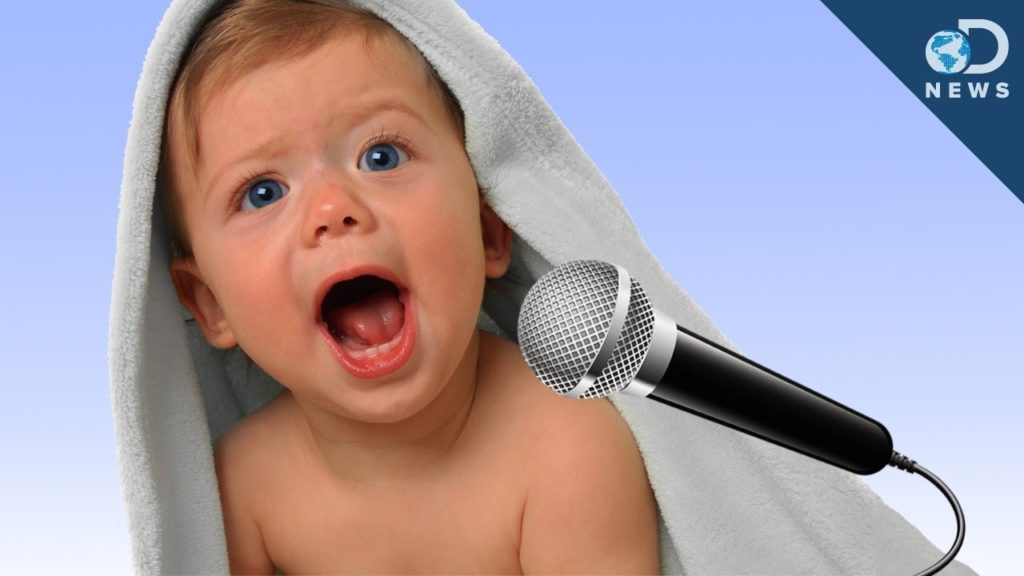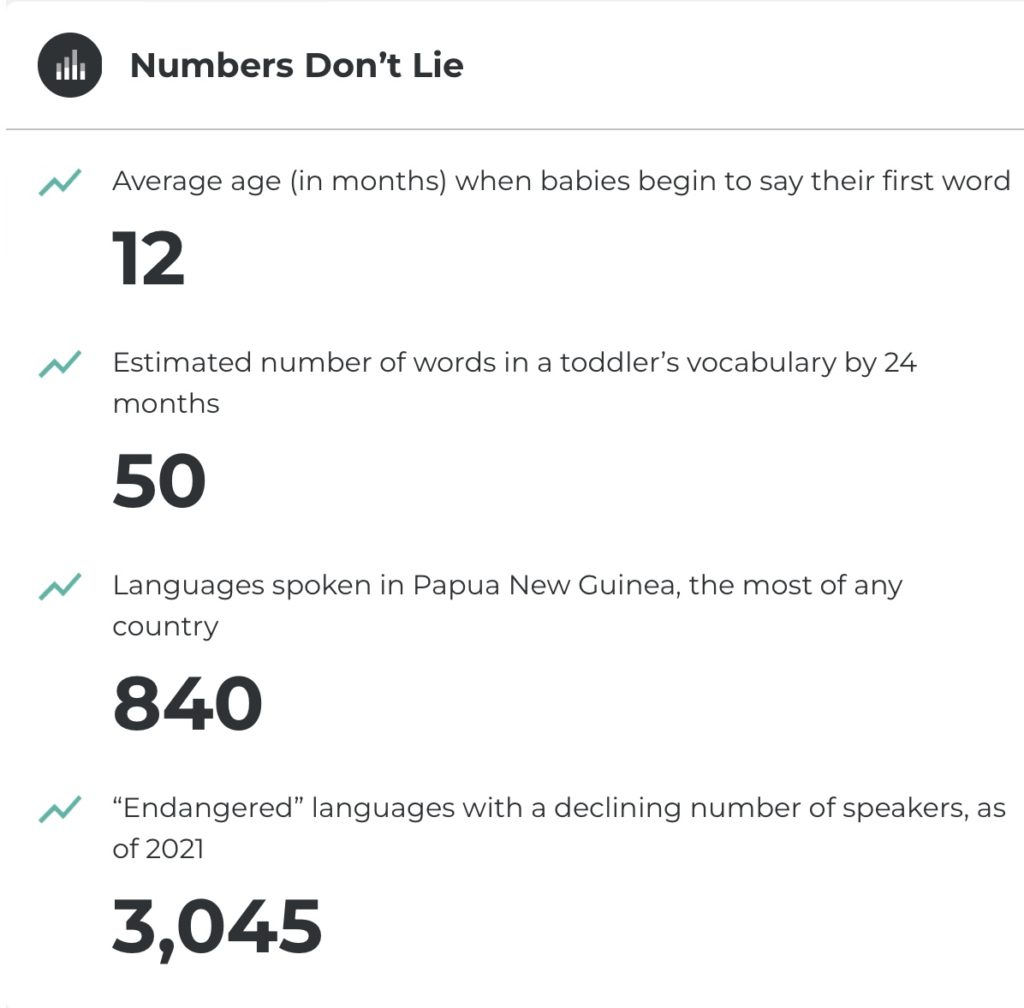Category Archives: Uncategorized
Caw!
‘The Birds’ was partly based on a true story.
With apologies to anyone who already found The Birds terrifying while under the impression that it was wholly fictional: Alfred Hitchcock’s avian thriller was partly based on a true story. Said event took place on California’s Monterey Bay in August 1961, when “thousands of crazed seabirds” called sooty shearwaters were seen regurgitating anchovies and flying into objects before dying on the streets. The Master of Suspense happened to live in the area, and called the Santa Cruz Sentinel — which had reported on the strange goings-on in its August 18 edition — for more information. Long after his movie was released two years later, the bizarre event remained shrouded in mystery: What would inspire birds to act this way, and were they as malicious as they seemed in Hitchcock’s movie?
The truth ended up being both straightforward and a little sad. The scientific consensus is now that the birds were poisoned by toxic algae found in a type of plankton called Pseudo-nitzschia. The birds weren’t attacking anyone; they were disoriented and barely in control of their actions. That explanation is absent from Hitchcock’s thriller, which also drew inspiration from Daphne du Maurier’s short story of the same name. (Hitchcock’s Rebecca was also a du Maurier adaptation.) A resounding success, The Birds is widely considered one of Hitchcock’s greatest works, alongside Psycho, Vertigo, Rear Window, and North by Northwest
This Just In: Goo Blurg Neh
Evidentialism Slapfact: Baby talk is universal
The number of global languages fluctuates each year — as of 2021, linguists recorded 7,151 actively spoken languages. But one dialect that has gone uncounted is the only language we can all decipher without a translator: baby talk. That’s because parental prattle using a softer tone and more rhythmic inflection — also called “parentese” — is believed to exist across nearly every spoken language. Recently, Music Lab researchers, now part of Yale’s Haskins Laboratories, set out to determine if caregivers of all backgrounds alter their speech when talking to babies. They recorded more than 1,600 parent-baby interactions across 18 languages and six continents, including urban, rural, and hunter-gatherer societies. The results showed that adults communicating with infants modified their voices and speech patterns in the same high-pitched, sing-songy way, transcending culture or language. What’sf more, over 51,000 adults who listened to the recordings were able to correctly distinguish if the speakers were talking to babies or adults around 70% of the time — even when the listener spoke a different language. Parentese once had a reputation as silly, but some scientists believe that baby talk — at least the kind using real words, if delivered in an exaggerated tone — may have evolved as a tool to help babies and parents bond while teaching language skills. High-pitched sounds catch a baby’s attention, and stretched vowel sounds help them process and replicate new words. Using repetitive phrases, which can be annoying to anyone who’s outgrown diapers, is credited with helping babies memorize words and establish an early vocabulary. Recent research into baby talk’s benefits encourages parents to chit-chat with their infants from the start — young brains grow at a staggering speed, up to 55% of their final size in just the first three months after birth |




